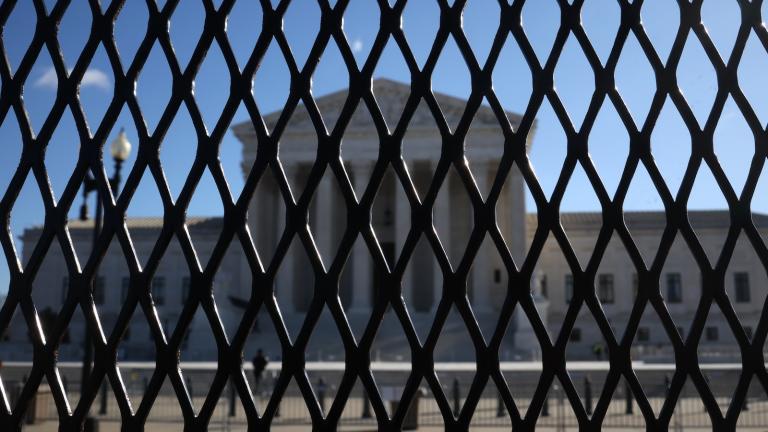I’m a fairly enthusiastic supporter of the energy bill that just left the House, but I am painfully aware that the Renewable Fuel Standard, which would mandate (insofar as one can mandate ponies) 36 billion gallons of ethanol by 2036 — and worse yet, 15 billion gallons of corn ethanol by 2015 — is a grotesquerie that will do far more harm than good.
I tend to think that it will get ratcheted back by a subsequent Congress, particularly once the perversity becomes clear and the backlash full-fledged. We can’t do what the RFS mandates we do; the question is how long we’ll keep bashing our head into a wall before we figure it out.
Nevertheless, I can understand why the perfidy of the RFS might lead someone to oppose the bill, and if we take him at his word, that’s just what Rep. Roscoe Bartlett (R-Md.) did:
Congressman Roscoe Bartlett (R-6-MD) supports a change in America’s energy policies to encourage conservation of finite fossil fuels, increase efficiency and promote development of alternative domestic renewable resources. However, today, he voted NO on amendments to H.R. 6 because of the Senate’s addition to expand the biofuels ethanol mandate. Congressman Bartlett was an original cosponsor of H.R. 6 when it was introduced in January 2007 and voted to support final passage of the previous comprehensive House energy bill, H.R. 3221. Both excluded expansions in the ethanol mandate.
"I welcome the Senate’s addition to strengthen CAFE standards," said Congressman Bartlett said, "However, the hype that using food crops for fuel, such as corn ethanol or soy biodiesel and the hope that cellulosic ethanol could achieve independence from imported oil is extremely harmful."
Congressman Bartlett explained, "With mounting evidence of the harmful effects of the 2005 Renewable Fuel Standard (RFS) mandate for 7.5 billion gallons of corn ethanol, I could not in good conscience vote to double that mandate. Corn ethanol and soy biodiesel can never replace more than a drop in the bucket of our gas and diesel use. However, corn prices doubled due to the 2005 mandate which harms Maryland’s dairy and chicken farmers and raises the price of food which hurts low income people. That is why livestock farmers and food manufacturers oppose expanding the corn ethanol and soy biodiesel mandate in this bill."
Congressman Bartlett noted, "The U.S. has only 2 percent of known oil reserves. We use 25 percent of the world’s oil and import two-thirds of what we are using. We pump our reserves four times faster than the rest of the world. There will be a day after tomorrow and we have to slow down the depletion of America’s oil and natural gas to preserve some for future generations. I hope the Senate will make changes in this bill that will allow me to support it."


